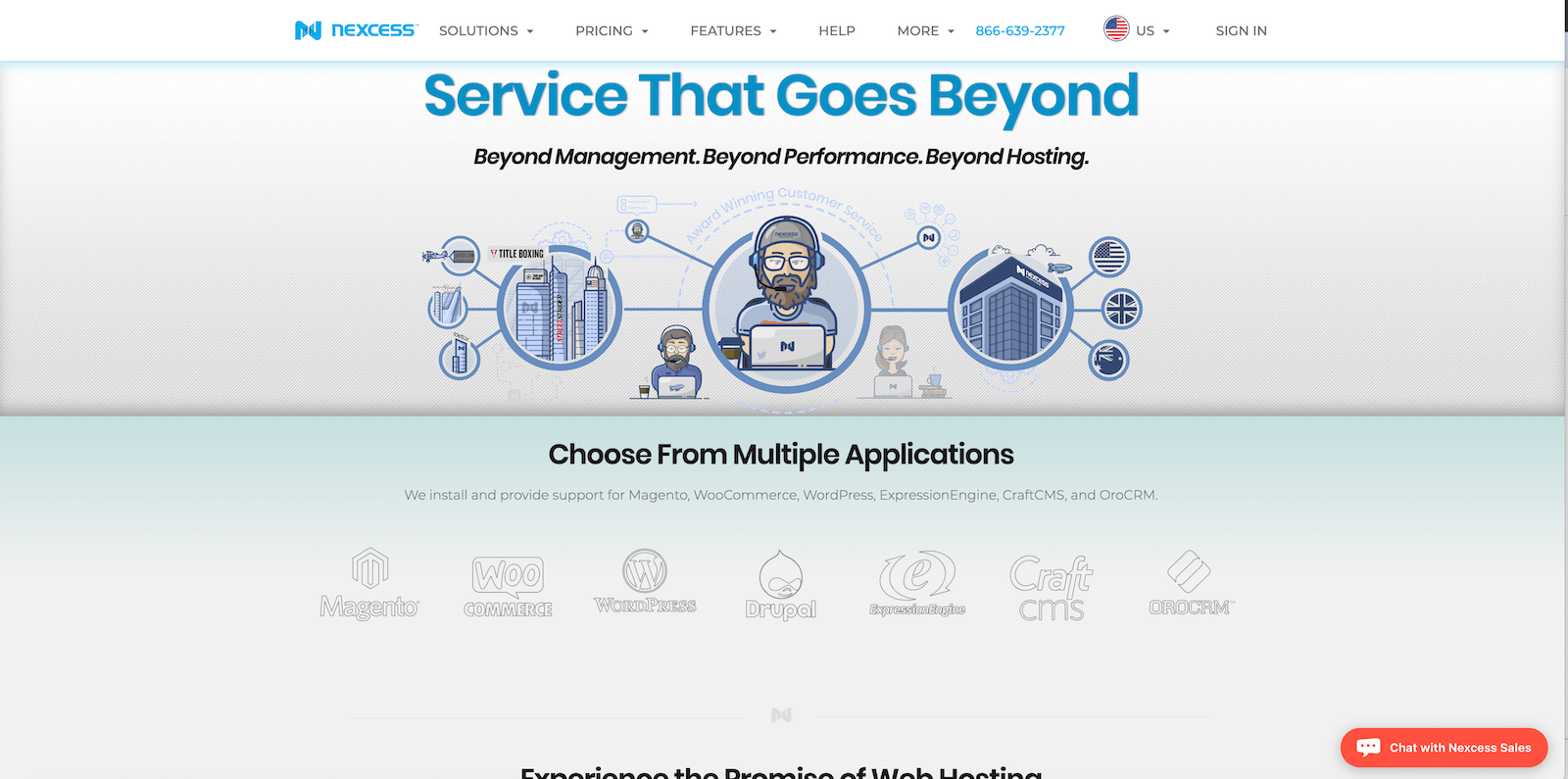Over the years we have built e-commerce websites on just about every popular e-commerce platform including Magento, Shopify, WooCommerce, OpenCart and BigCommerce. Over time, each platform has progressed in it’s own direction, and while they all continue to have their…





